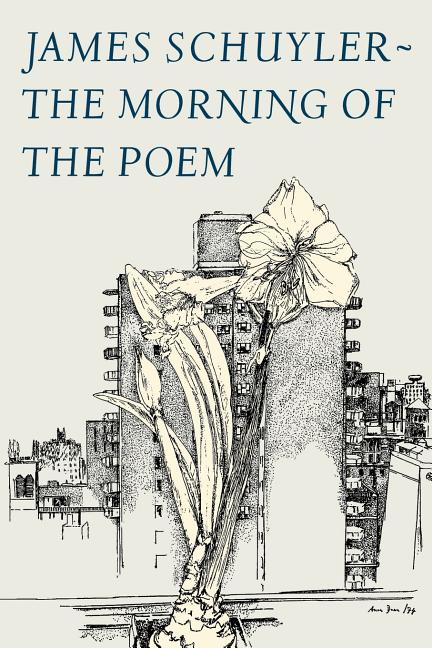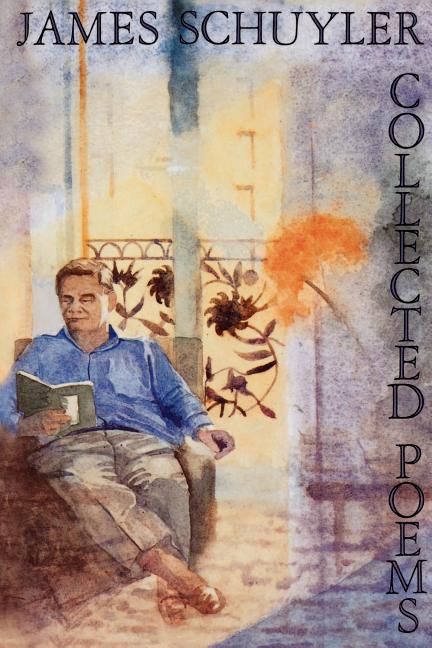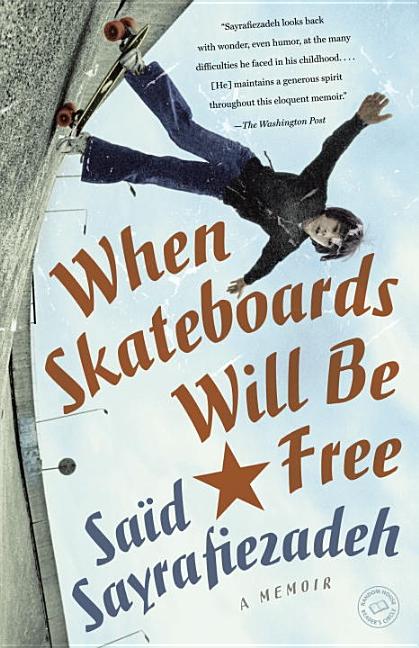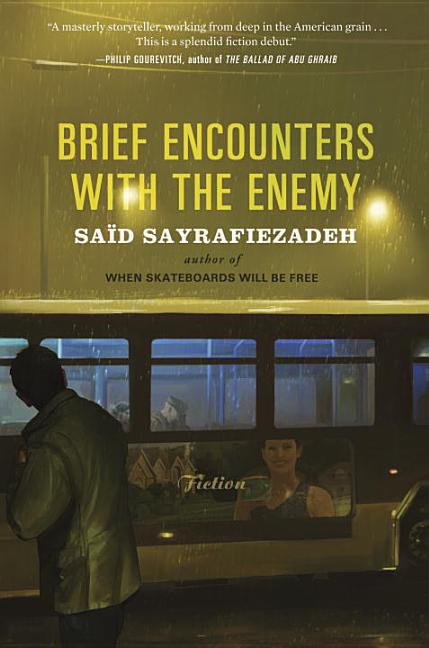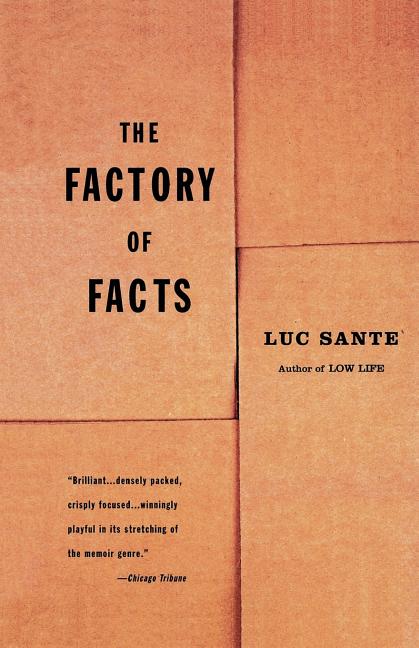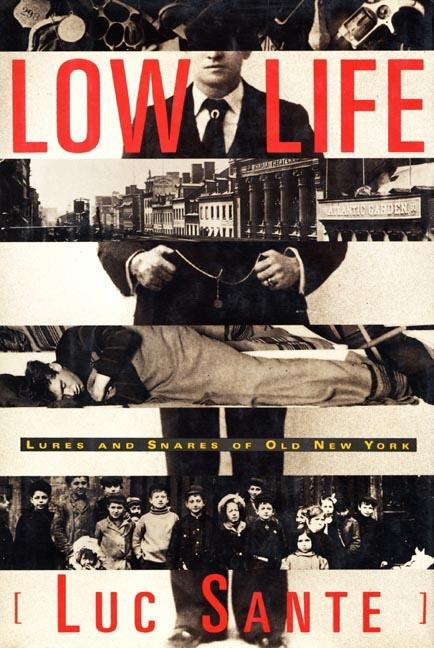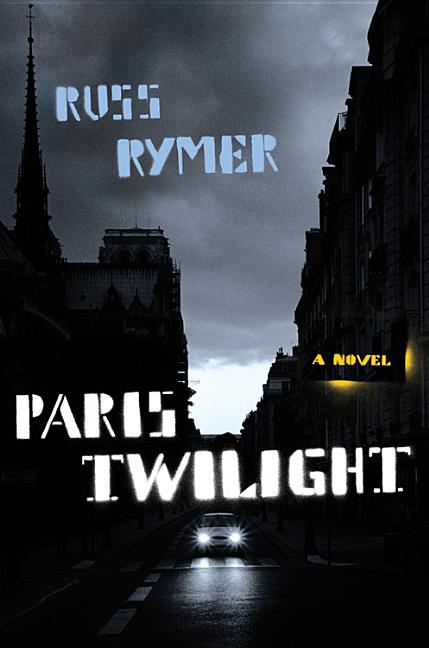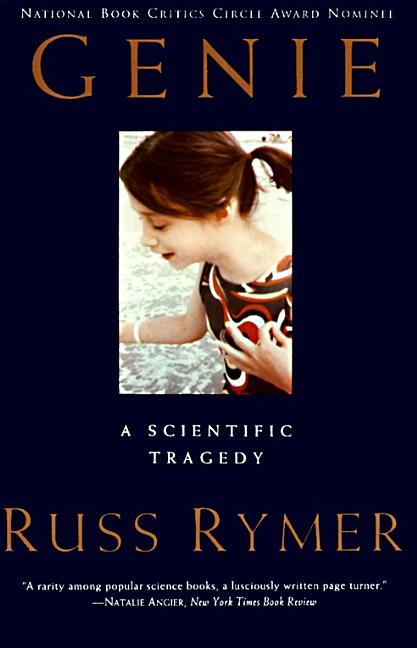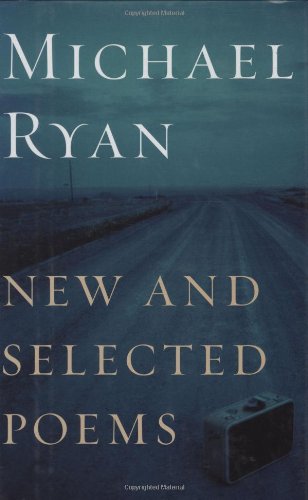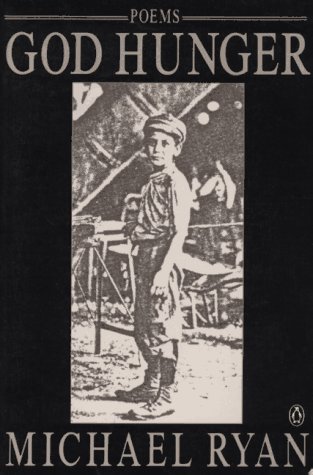With a profound gift for capturing the absurd in life, and a deadpan wisdom that comes from surviving a surreal childhood in the Socialist Workers Party, Saïd Sayrafiezadeh has crafted an unsentimental, funny, heartbreaking memoir. Saïd’s Iranian-born father and American Jewish mother had one thing in common: their unshakable conviction that the workers’ revolution was coming. Separated since their son was nine months old, they each pursued a dream of the perfect socialist society. Pinballing with his mother between makeshift Pittsburgh apartments, falling asleep at party meetings, longing for the luxuries he’s taught to despise, Saïd waits for the revolution that never, ever arrives. “Soon,” his mother assures him, while his long-absent father quixotically runs as a socialist candidate for president in an Iran about to fall under the ayatollahs. Then comes the hostage crisis. The uproar that follows is the first time Saïd hears the word “Iran” in school. There he is suddenly forced to confront the combustible stew of his identity: as an American, an Iranian, a Jew, a socialist . . . and a middle-school kid who loves football and video games.
Poised perfectly between tragedy and farce, here is a story by a brilliant young writer struggling to break away from the powerful mythologies of his upbringing and create a life—and a voice—of his own. Saïd Sayrafiezadeh’s memoir is unforgettable.
